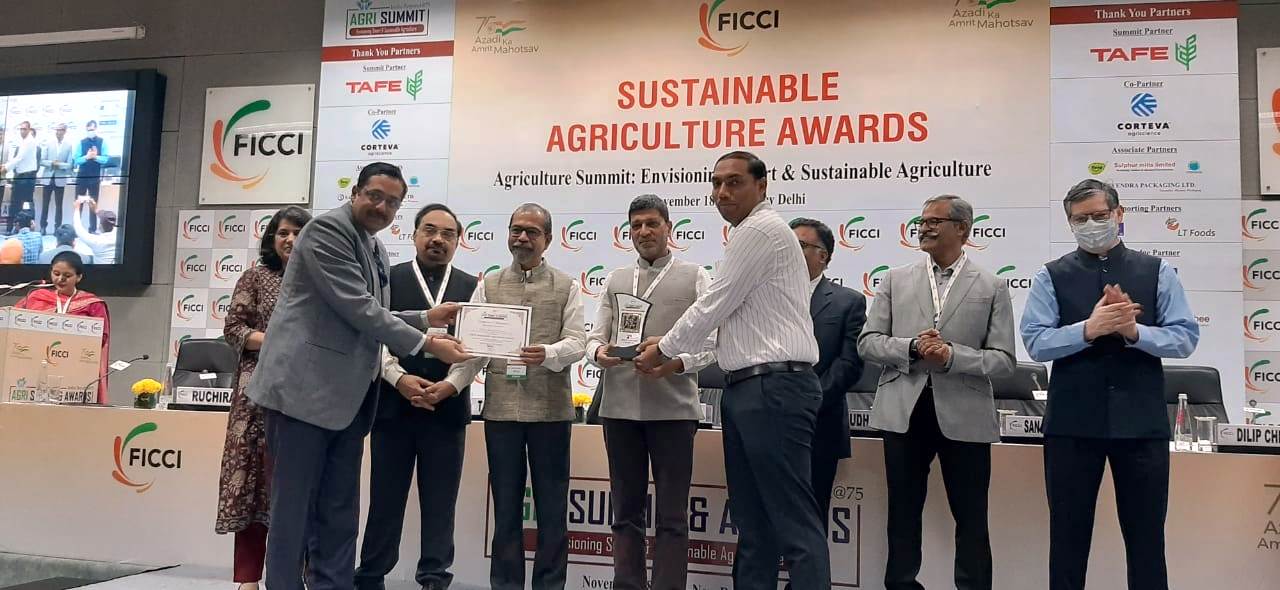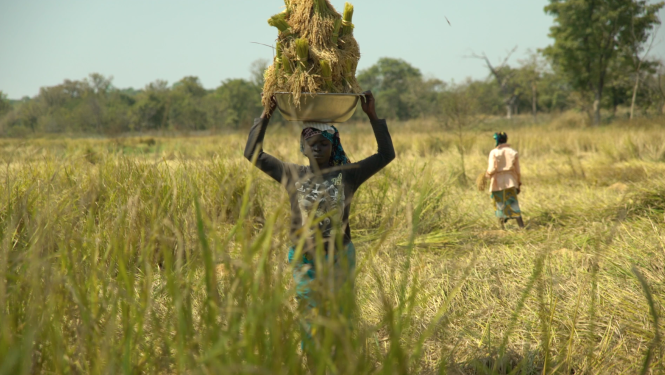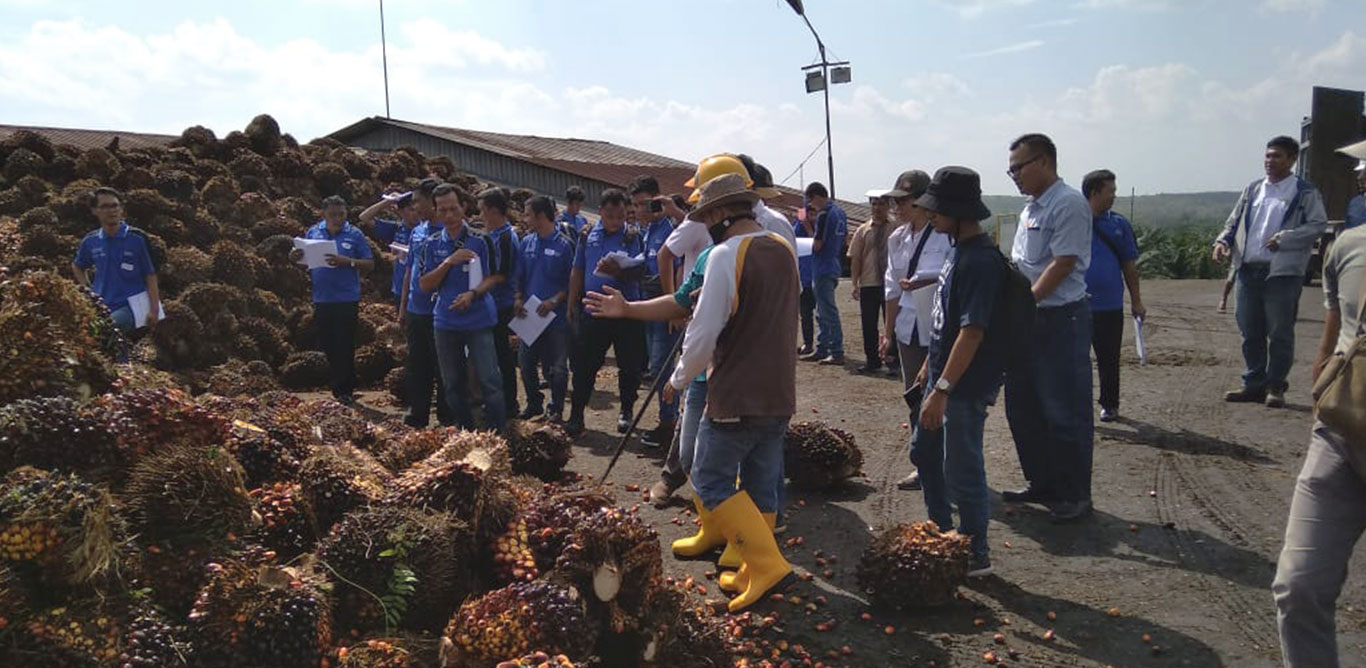Our work
The project aims to improve the livelihoods of smallholder farmers through the regeneration of ecosystems using agroforestry, the rehabilitation of degraded land, the rejuvenation of coffee plots with new coffee plants, and income diversification by way of the local timber value chain, intercropping and vegetable gardening. In parallel, the development of improved cook stoves allows farmers to use time previously devoted to wood collection for more productive activities, while improving health and environmental sustainability.
Key impacts
Farmers are trained in agroforestry, creating conditions for empowerment and increased self-reliance. Organic practices are encouraged, for instance with coffee pulp collected from cooperatives and used as organic fertilizer. A tree nursery was set up and trees planted, with all farmers involved showing great enthusiasm for tree plantations on their own and on communal land. Trees mitigate the impact of climate change and have positive impacts on biodiversity, as well as on soil and coffee quality, and also have significant patrimonial value. Coffee rejuvenation results in improved coffee quality. Vegetable gardens have been created on farm lands and kits consisting of seeds, tools and irrigation materials have been distributed, allowing for better self-sufficiency, diversification and increase in farmers’ revenues.
Following an improved cook stoves pilot project launched in 2016 through a partnership with GERES to improve health conditions and decrease pressure on forests, improved cook stoves have been adopted by beneficiaries, resulting in the reduction of the time spent by women for collecting wood and cooking and improved sanitary conditions.
The project also allowed for increased social cohesion and greater attractiveness of rural areas especially for young people.
About our partner

A social business present across 40 countries, PUR Projet works with companies to regenerate the ecosystems they depend upon, while empowering local communities and encouraging local entrepreneurial initiatives.
Project Duration
2015 - 2022
During the training, the technician explained the benefits of planting trees, appropriate tree density, tree needs. I realized trees protect the soil from erosion as well as coffee plants from the adverse effects of direct sunlight and hail and decided to change the way I grew coffee. Now, my production is higher, and I do something positive for the environment and for the future of my children.
Mercato Catama Member of the Bokasso cooperative




